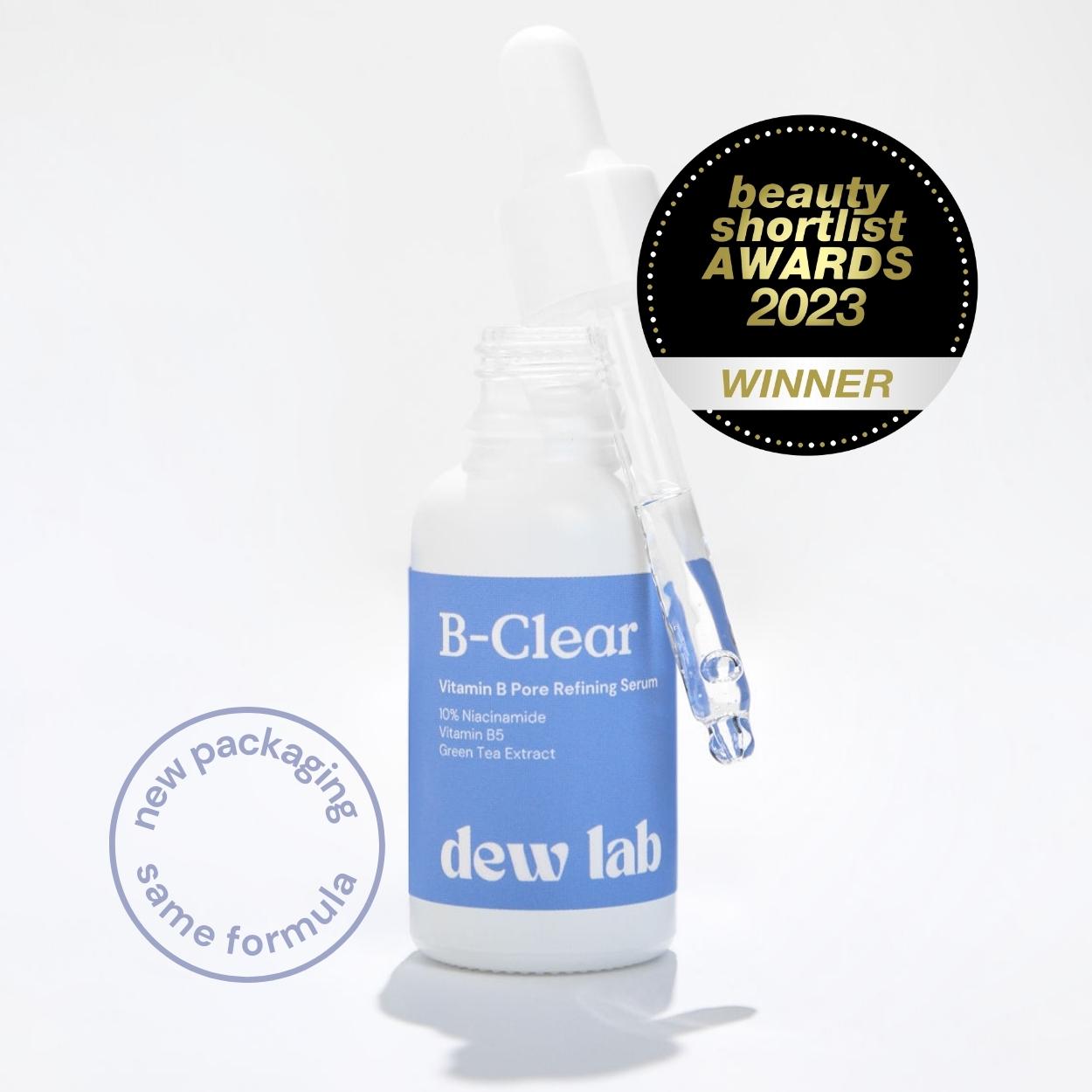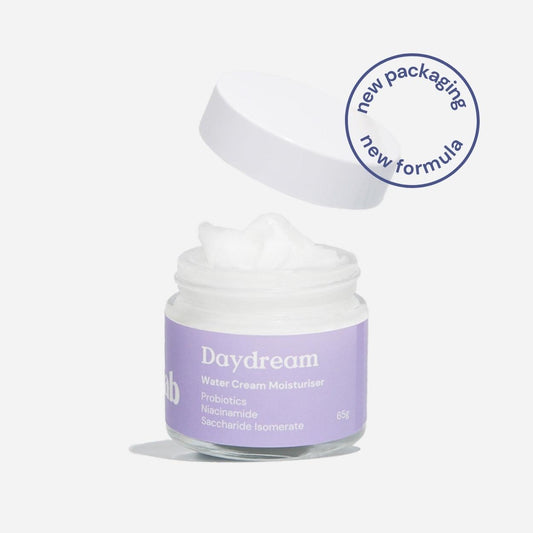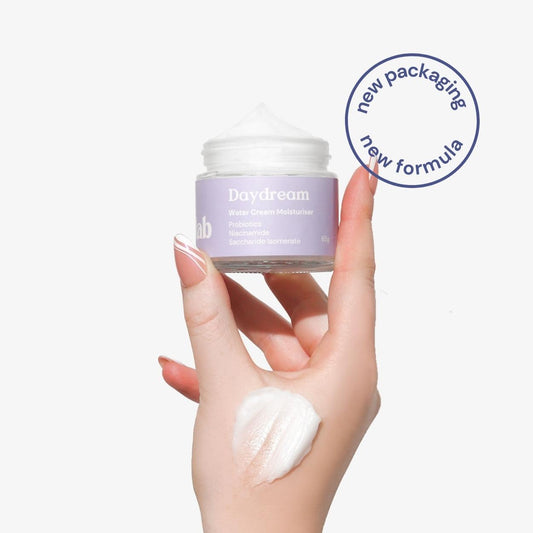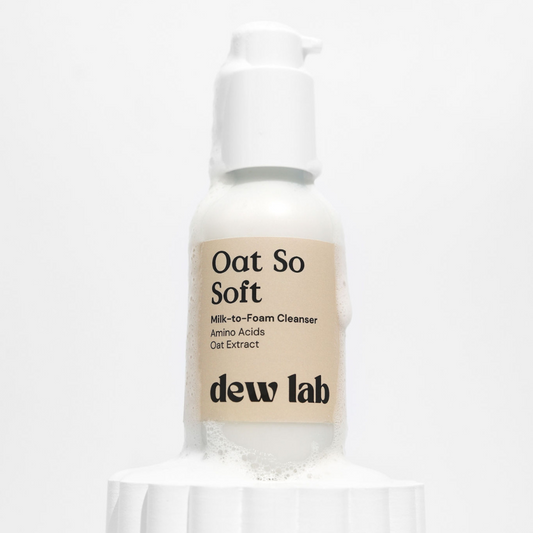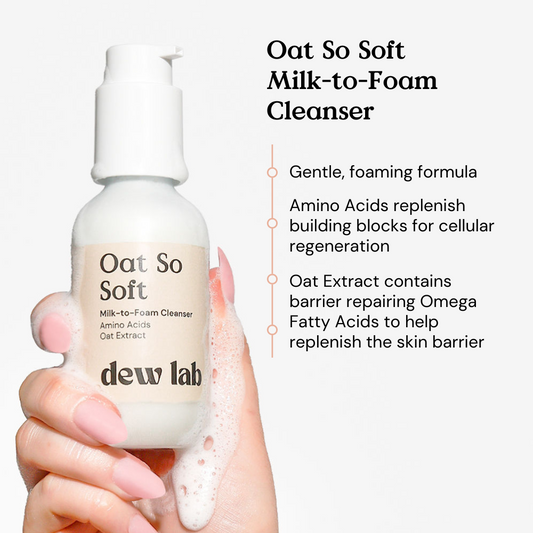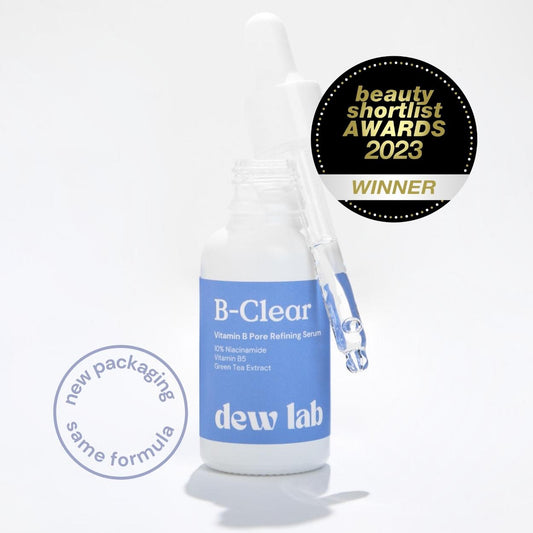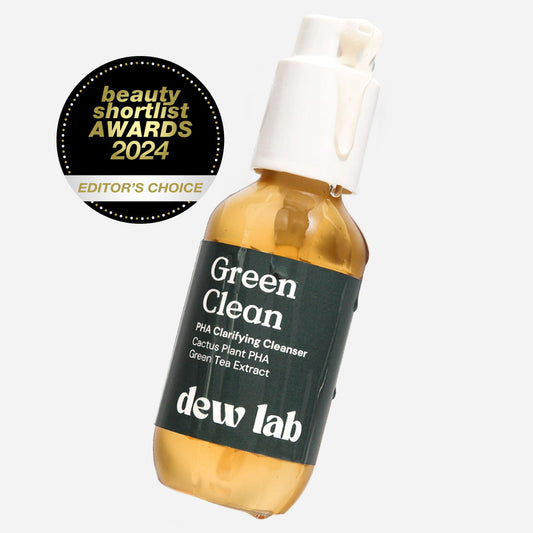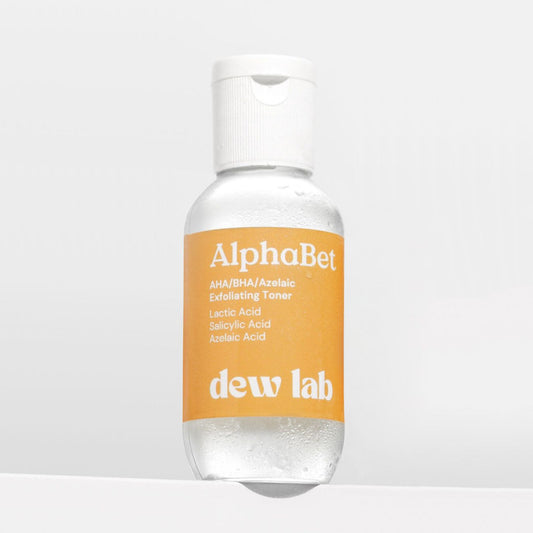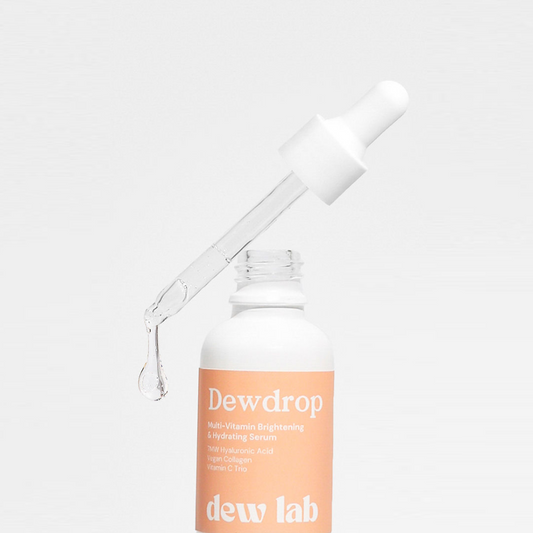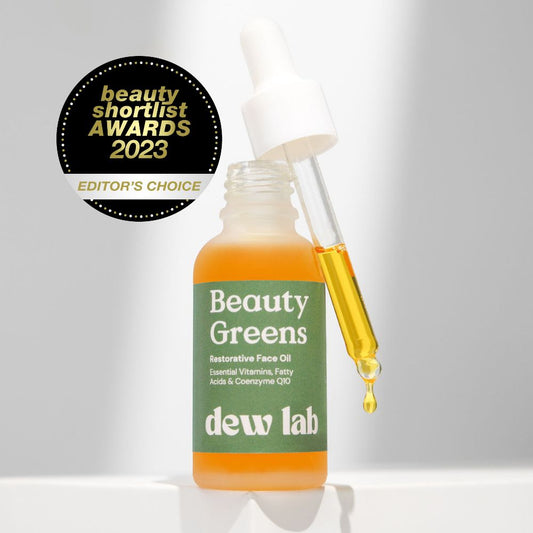Refill Program
Basic 2-step Routine
A basic 2-step routine with a cleanser and light moisturiser to keep your skin healthy and balanced.
-
Daydream Water Cream Moisturiser
Vendor:Oil-free MoisturiserRegular price $45.00 NZDRegular priceUnit price / per -
Oat So Soft Amino Cleanser
Vendor:Milk Cleanser for dry/sensitive skinRegular price $39.00 NZDRegular priceUnit price / per
Blemish-prone Routine
A routine formulated with a ton of antioxidants and gentle exfoliants to help increase skin cell turnover and repair to minimise blemishes.
-
B3 Clear 10% Niacinamide Clarifying Serum 30ml
Regular price $42.00 NZDRegular priceUnit price / per -
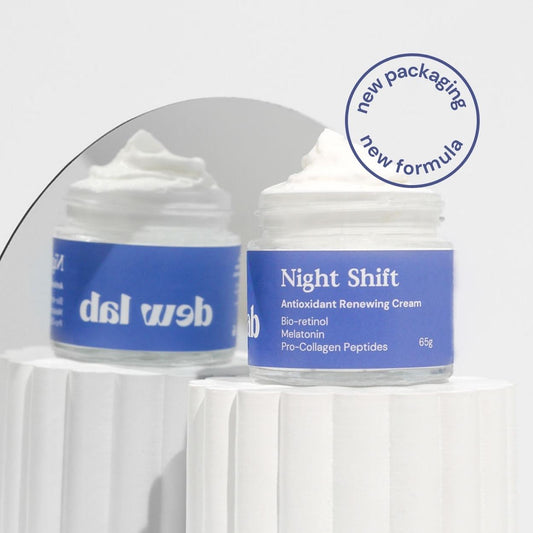 Sold out
Sold outNight Shift Antioxidant Moisturiser
Regular price $45.00 NZDRegular priceUnit price / per -
Green Clean PHA Cleanser
Regular price $39.00 NZDRegular priceUnit price / per -
Alphabet Glow Toner
Regular price $39.00 NZDRegular priceUnit price / per
Combi Skin Routine
3-step routine with a clarifying cleanser, brightening serum and light moisturiser.
-
Daydream Water Cream Moisturiser
Regular price $45.00 NZDRegular priceUnit price / per -
Dewdrop Multi-Vitamin Serum
Regular price $42.00 NZDRegular priceUnit price / per -
Green Clean PHA Cleanser
Regular price $39.00 NZDRegular priceUnit price / per
Dry Skin Routine
3-step routine with a hydrating milk cleanser, barrier serum and lipid moisturiser. Oil is optional.
-
Beauty Greens Face Oil
Regular price $42.00 NZDRegular priceUnit price / per -
Bounce Back Barrier Serum
Regular price $42.00 NZDRegular priceUnit price / per -
Oat So Soft Amino Cleanser
Regular price $39.00 NZDRegular priceUnit price / per -
Soothe Moves Lipid Moisturiser
Regular price $45.00 NZDRegular priceUnit price / per
Age Well Routine
A routine that hydrates and softens as well as brightens and repairs for skin that is maturing.
-
Beauty Greens Face Oil
Regular price $42.00 NZDRegular priceUnit price / per -
 Sold out
Sold outNight Shift Antioxidant Moisturiser
Regular price $45.00 NZDRegular priceUnit price / per -
Dewdrop Multi-Vitamin Serum
Regular price $42.00 NZDRegular priceUnit price / per -
Oat So Soft Amino Cleanser
Regular price $39.00 NZDRegular priceUnit price / per
Oily Skin Routine
A routine to clarify skin and regulate sebum production in skin which results in shiny t-zones.
-
B3 Clear 10% Niacinamide Clarifying Serum 30ml
Regular price $42.00 NZDRegular priceUnit price / per -
Daydream Water Cream Moisturiser
Regular price $45.00 NZDRegular priceUnit price / per -
Green Clean PHA Cleanser
Regular price $39.00 NZDRegular priceUnit price / per -
Alphabet Glow Toner
Regular price $39.00 NZDRegular priceUnit price / per
